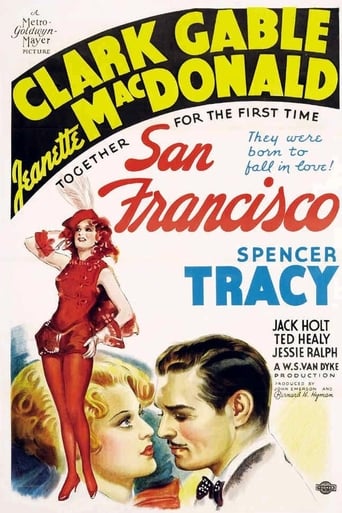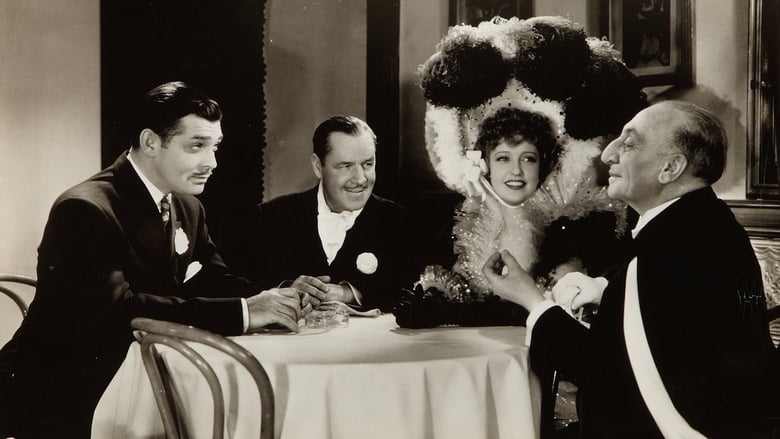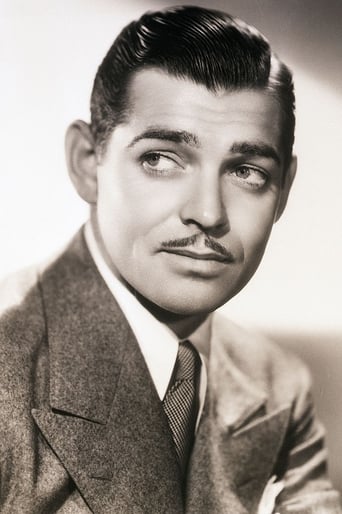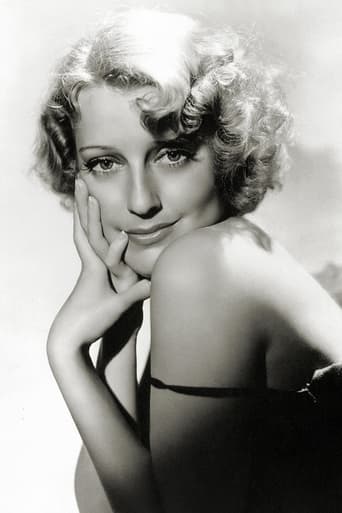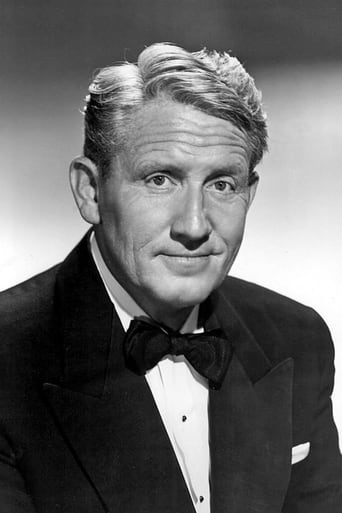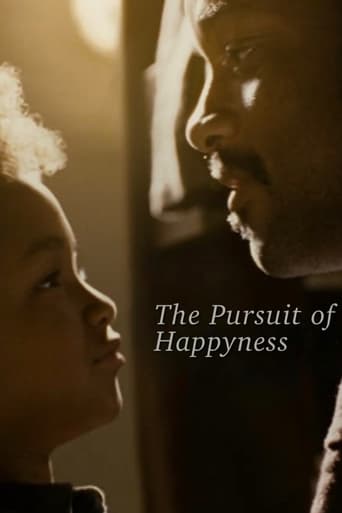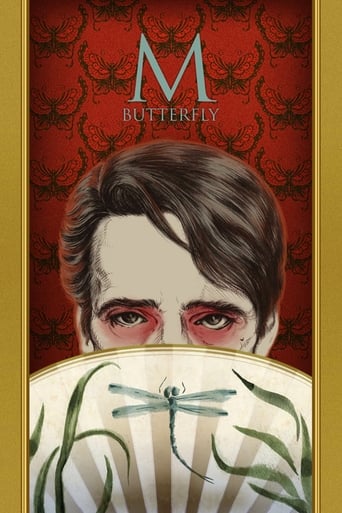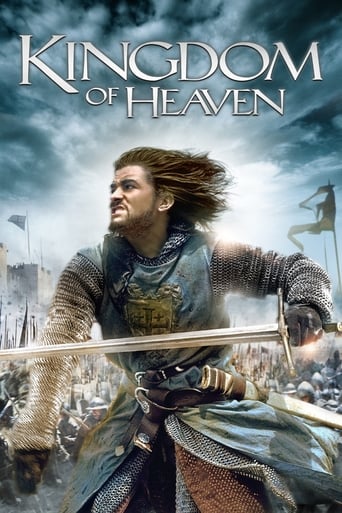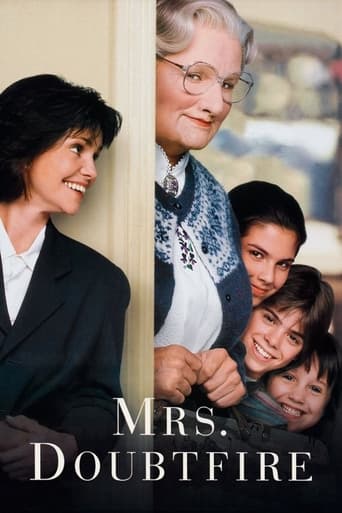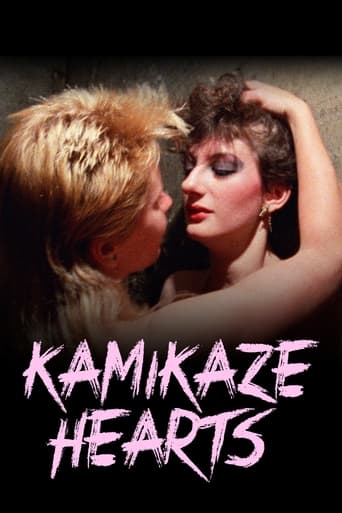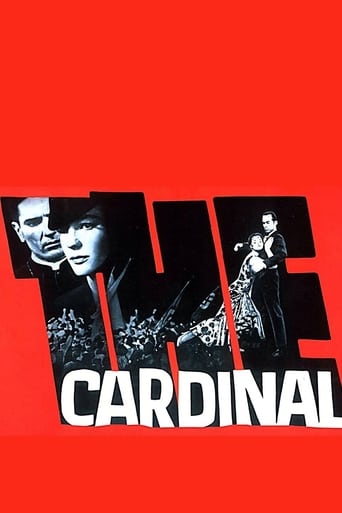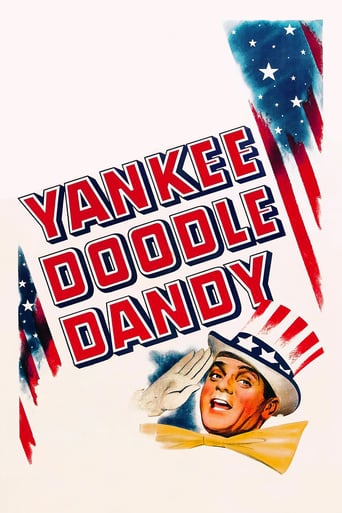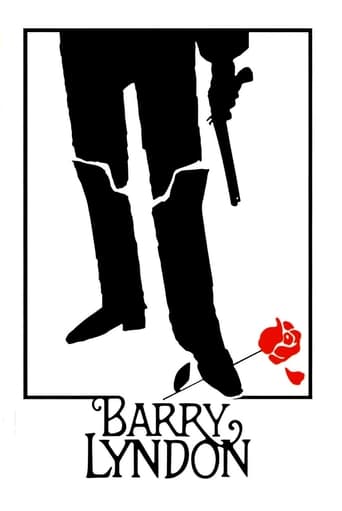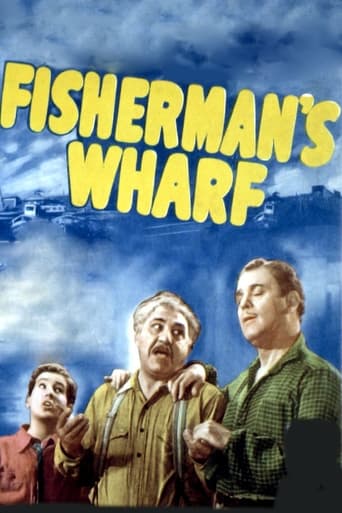San Francisco (1936)
A beautiful singer and a battling priest try to reform a Barbary Coast saloon owner in the days before the great earthquake and subsequent fires in 1906.
Watch Trailer
Cast


Similar titles
Reviews
That was an excellent one.
Great Film overall
A film with more than the usual spoiler issues. Talking about it in any detail feels akin to handing you a gift-wrapped present and saying, "I hope you like it -- It's a thriller about a diabolical secret experiment."
This is a must-see and one of the best documentaries - and films - of this year.
You get the feeling that what director Woodie Van Dyke REALLY wanted to do was reenact the great San Francisco earthquake scene of destruction on the 30th anniversary of its occurrence. Of course, MGM studio head Louis B. Meyer is not going to fork over money for that, so a story is constructed that merely contains the scene he really wanted to do as the climax of the film. The whole thing is a well acted but rather maudlin morality tale in the production code era tradition. You've got the personification of the Barbary Coast entrepreneur in Blackie the atheist saloon owner, perfectly cast with Clark Gable in the role. You have the voice of virtue in the person of priest Father Tim Mullin, again perfect casting with Spencer Tracy in the role, and you've got your virtuous songbird of a lady in Jeanette McDonald as Mary Blake, looking for work as a singer. Did anybody on the MGM lot in 1936 have a better voice than hers? Square jawed Jack Holt comes over from Columbia to play society scion Jack Burley, who in the end is no better, maybe worse, than Blackie. He claims he is respectable but when he and Blackie are fighting over the affections of Mary, there is no blow that is too low for him to land. In the middle of all of this conflict - scion versus rascal, man of God versus atheist, a woman who is torn between the man society tells her that she is supposed to love and the man she really does love comes the great quake. When you watch it think about the work that went into this given the technology that did not exist at that time and it becomes even more wondrous. Unfortunately, at least for me, the movie gets rather hokie at that point. I'll let you watch and get the details.In the final analysis, Jeanette McDonald is probably given more to do in this movie than she should have because Louis B. Mayer thought she was "hawt!". Meanwhile the production code was the best thing that ever happened to Spencer Tracy. No doubt he was a great actor, even greater when you realize that off camera he was a heavy drinker and bedding every MGM (and before that Fox) starlet he could get his hands on, and yet he plays a priest quite believably!. And Blackie suddenly believes in God because the person he loved is not dead in the rubble? What about all of the other dead people? Should, by the same logic, the people who loved them have become atheists? Not as long as head censor Joe Breen was on the job, and he would be for another 16 years.Highly recommended in spite of the hokie ending. It is just a shame that they couldn't have made it in 1933 when things were allowed to be a bit saucier and more realistic.
When Jeanette MacDonald hits the high C then leaves the old San Francisco dive bar in anguish, you know it's only a matter of time before the ground starts shaking and old San Francisco becomes a city of the past. Of course, the iron butterfly only gets her evening gown torn just slightly with a smudge or two of dirt as she makes her way through the fallen debris. No MGM diva would dare be seen any other way, even if the plot called for that. The public wouldn't stand for seeing their MGM goddesses any other way but pristine.Long before lost youth wore flowers in their hair and political activists marched for gay rights, San Francisco was a wild place where poor folks from the east coast traveled thousands of miles to establish a new life and hopefully become the new rich of the west coast. Blackie Norton (Clark Gable) is a charming but ruthless political hopeful who discovers Mary Blake (Jeanette) singing in a dive, and thanks to his influence, she rises to the top of the cities' cultural center as an opera star. This attracts the attention of wealthy Jack Burley (Jack Holt) whose matriarchal mother (the fantastic Jessie Ralph) was once one of those poor folks, and a lucky one since her late husband had made a fortune after they arrived in the undeveloped Northern California coast. Overseeing all this intrigue is a compassionate but tough priest (Spencer Tracy) who acts as Gable's moral conscience.While there had been earthquakes on film before (both real and fictional), none had been as lavishly filmed like this one. Irving Thalberg's unit at MGM spared no expense in putting together one of the most thrilling sequences in film that truly was ground breaking. The political story, fictional in story but true to life in historical accuracy, gives a moral twist to this epic tale that comes together at the end where Gable, as the anti-hero, finds a soul in himself and realizes that there is more to his character than just the desire for money and power. MacDonald gives her best dramatic performance as the fragile looking but ultimately strong heroine, while Tracy (nominated for a leading actor Oscar in an essentially supporting role) is outstanding.Try not to have the desire to hug Jessie Ralph as the portly matron who confides her humble beginnings to MacDonald in a truly profound scene. That vinegary voice and grandmotherly feel of this veteran actress made her a natural scene stealer, and her final scene in this film is tear-jerking. She certainly was deserving of an Oscar nomination for her part which would have made her more well known today than she is, even though she certainly has made a following thanks to this film, "David Copperfield", "After the Thin Man" (refering to nephew in law William Powell as "Nicolass" and half a dozen screwball comedies where she showed her salty aunts and matrons had equally as much life in them as the feisty heroine she usually advised.An exciting opera sequence is just one of the movie's musical highlights which includes "Would You?" (famously reprised in "Singin' in the Rain"), an emotional "Battle Hymn of the Republic" and of course, the rousing title song which Jeanette rips into with the teeth of a shark and that Judy Garland would famously re-record with added lyrics. Everything about this film is exciting from start to finish with more than just the earthquake sequence to recommend it. Even if there is one shadowy flaw in the special effects, that hardly matters because this film has stood the test of time and remains as profound drama and strong entertainment.
Alongside "Gone With The Wind" MGM's SAN FRANCISCO (1936) is without doubt the finest romantic drama to emanate from Hollywood in the thirties. A movie that had everything going for it - a splendid story and script, a superb star in Clark Gable, a beautiful actress with an arresting singing voice in Jeanette MacDonald, wonderful songs and an earthquake sequence that will not only knock your socks off but can stand up proudly beside anything that computer graphics can conjure up today. The picture also was the most sensational profit making movie of 1936 speeding past "The Great Ziegfeld" from the same year. Produced for the studio by John Emerson and Bernard Hyman it was directed with great punch and attention to detail by W.S.Van Duke. The Perfectly handled screenplay was written by Anita Loos from a story by Robert Hopkins and the crisp monochrome cinematography was by Oliver T. Marsh.It is 1905 in San Fransico and Blackie Norton (Clark Gable) runs "The Paradise" a not too respectable night club on the rowdy Barbary Coast. A girl Mary Blake (Jeanette MacDonald) arrives in the city from the country looking for a job singing. She approaches Norton who interviews her and is very taken by both her beauty and her prowess as a singer. He hires her and in the following weeks they fall in love but Blackie comes up against some competition from Jack Burly (Jack Holt) the wealthy owner of the Tivoli opera house. Burly falls for Mary too and wants to buy out her contract from Norton to have her sing in the opera. But Norton refuses and is not for turning. However after an altercation with Blackie she walks out on him and goes to the Tivoli where she becomes a singing sensation. Still in love with Blackie she however sees no future with him and just as she becomes engaged to Burly a tremendous earthquake wreaks havoc on the great city. The picture ends with the death of thousands of citizens including Jack Burly and an injured Blackie searching through every bit of rubble for Mary before eventually finding her alive and well and leading the survivors singing the hymn "Nearer My God To Thee" in a makeshift camp outside the destroyed city.Performances are top notch throughout the movie. Gable is terrific as the flamboyant Blackie Norton. His role looking every bit like a dry run for his Rhett Butler three years later. Excellent too is the inviting and quite lovely Jeanette MacDonald. The vivacious lady is simply electric! She just lights up the screen and delights us with her mellifluous singing voice in renditions of arias from Gounod's FAUST, Verdi's LA TRAVIATA, Nacio Herb Brown's lovely WOULD YOU and the rousing title song SAN FRANCISCO written by Polish composer Bronislau Kaper who was just starting out on his illustrious film music career at MGM. The song would become a hit and remains to this day the city's favoured anthem. Of course the real star of the picture is the special effects with the climactic earthquake sequence. Designed and implemented by Russian montage expert Slavko Vorkapach it remains an amazing achievement for thirties cinema which can still manage to excite and frighten today with just as much impact as anything in modern film.It is almost inconceivable that a seventy five year old movie can remain such a firm favourite which it steadfastly has maintained over the years. The film was nominated for four Acadamy Awards (winning one for sound recording), has a beautiful screenplay, is wonderfully directed and besides the lovely songs from the attractive Miss MacDonald contains some moments of real charm especially the scenes with the two principles. SAN FRANCISCO is a great and fascinating film from vintage Hollywood and looks like it will continue to be one of the most fondly remembered movies of all time.
On 31 December 1905, a fire destroys a building at Barbary Coast in San Francisco and on the next day, the singer Mary Blake (Jeanette MacDonald) from Benson, Colorado, that lived in the burnt building looks for a job at the nightclub Paradise. The owner Blackie Norton (Clark Gable) is a ruthless but good man and hires Mary after asking her to show her legs. Blackie is also invited to run to the position of Supervisor of the Coast by his friends and acquaintances to protect the neighborhood.When Blackie's competitor from Nob Hill, Jack Burley (Jack Holt), and his friend Maestro Baldini (William Ricciardi), hear Mary singing, Jack invites her to sing at his fancy Tivoli Opera House. However, Mary has a two-year contract signed with Blackie and is in love with him. But when the other artists from Paradise see her with Blackie and make malicious comments about her, she quits and goes to Tivoli. On her debut at the Tivoli, Blackie goes there with an authority to call off the concert. Blackie has an injunction against Jack Burley since Mary is still under contract with him. However, when he hears Mary singing the opera, he changes his mind and proposes her to get married with him. Mary returns to the Paradise but when Blackie's friend Father Tim Mullin (Spencer Tracy) sees Mary exposing her legs, he does not allow her to go to the stage. Mary works at Tivoli and is proposed by Jack Burley to marry him. Meanwhile the powerful Jack Burley uses his influence with the Powers that Be to close the Paradise and arrest the performers. During a musical competition between the clubs, Mary Blake learns the truth and decides to help the Paradise with her presentation. However, it is 1906, the year of the major earthquake that struck San Francisco. "San Francisco" is a wonderful film of love and earthquake in the sin city. I had no idea that this film was so good and this is the first time that I watch "San Francisco". The story is excellent, with charismatic and ambiguous characters, enjoyable songs sang by Jeanette MacDonald and stunning special effects, with a realistic and convincing earthquake. The very last scene is fantastic.Clark Gable and Jeanette MacDonald show a magnificent chemistry and it is impressive the resemblance of the face of Madonna in the 80's with Jeanette MacDonald. I only regret that I had not seen this film before. My vote is eight.Title (Brazil): "San Francisco – A Cidade do Pecado" ("San Francisco" – The Sin City")

